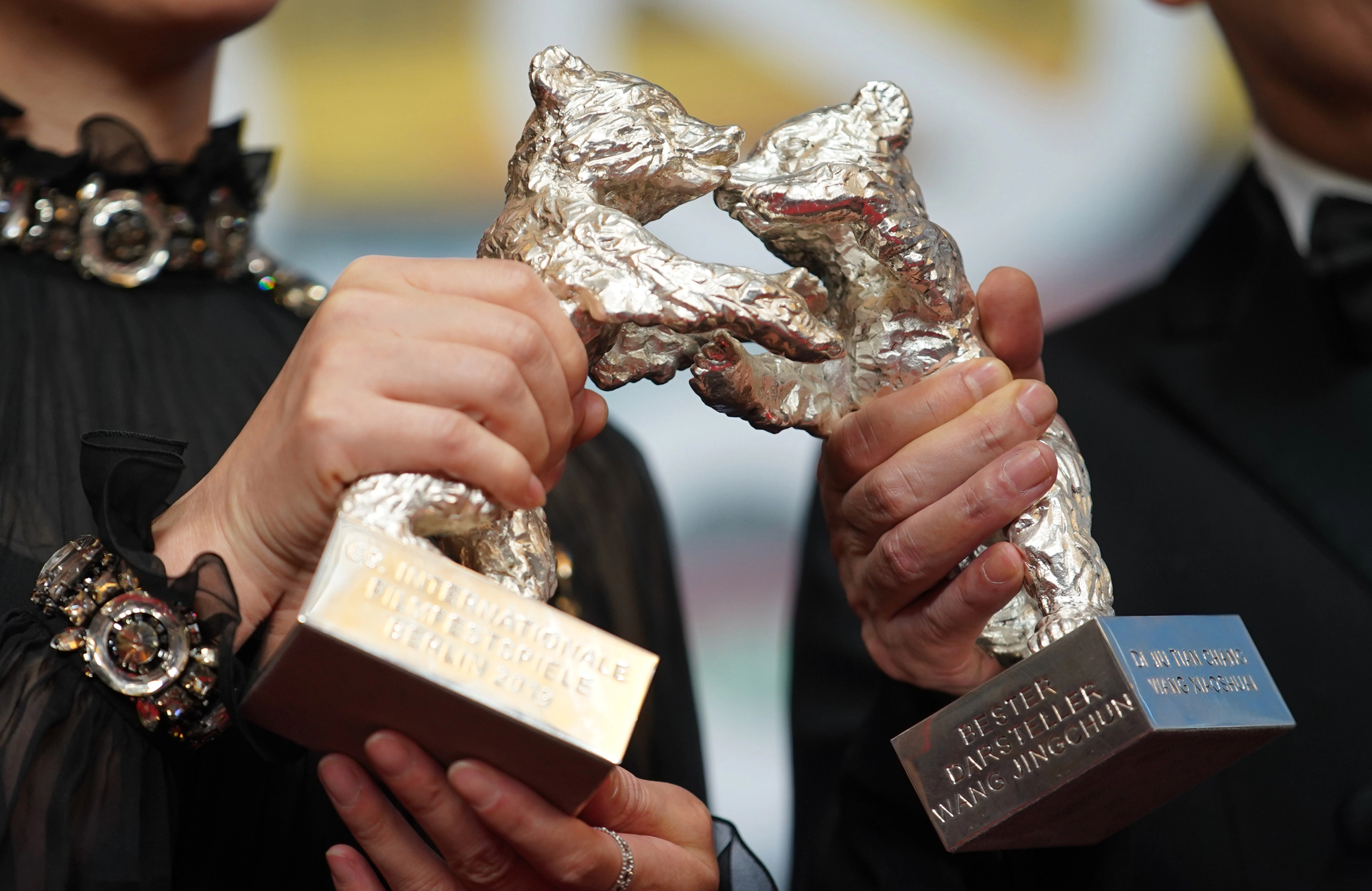Award Show Upset History: What the Biggest Shocks Teach Us About Betting

Every year, millions of us tune in to watch the glitz and glamour of award shows like the Oscars and the Grammys. We fill out ballots, argue with friends, and maybe even place a friendly wager or two on who will take home the coveted statues. For the most part, the favorites, anointed by critics and precursor awards, tend to win. But every now and then, an upset happens that sends shockwaves through Hollywood and living rooms across the country. These are the moments that make award shows truly exciting, and for the savvy bettor, they offer some valuable lessons.
The Underdog Can Have Its Day: When Longshots Triumph
Perhaps the most infamous Oscar upset in recent memory was the stunning conclusion to the 2017 Academy Awards. The musical extravaganza La La Land was a massive favorite to win Best Picture, with some betting odds making it a more than 80% likely winner. Its competitor, the poignant drama Moonlight, was a significant underdog. After the wrong envelope was initially read, leading to a chaotic scene on stage, Moonlight was revealed as the true winner, a moment that will forever be etched in Oscar history.
This wasn’t the first time a major underdog had prevailed. In 2006, Brokeback Mountain was the odds-on favorite to win Best Picture. However, in a move that still sparks debate, the ensemble drama Crash took home the top prize. The win for Crash was considered one of the biggest shocks in Oscar history at the time.
These upsets teach a fundamental lesson in betting: no matter how much of a “sure thing” a nominee seems, there’s always a chance for a surprise. The Academy is made up of thousands of individual voters, and their collective decision can sometimes defy all predictions. For bettors, this means that placing a small wager on a critically acclaimed underdog with long odds can sometimes lead to a significant payday.
Don’t Discount the Power of Narrative
Award season is as much about storytelling off-screen as it is on-screen. A compelling narrative can often sway voters and create momentum for an unexpected winner. Take the 1999 Oscars, where Steven Spielberg’s World War II epic Saving Private Ryan was the heavy favorite for Best Picture. Its main competitor was Shakespeare in Love, a lighter, romantic comedy. However, a relentless and savvy awards campaign by Miramax, the studio behind Shakespeare in Love, is often credited with turning the tide and securing the film its surprise victory.
A more recent example is Anthony Hopkins’ 2021 Best Actor win for The Father. The late Chadwick Boseman was the overwhelming favorite for his final role in Ma Rainey’s Black Bottom. Hopkins was a distant second. While Boseman’s posthumous win was the expected and emotionally resonant narrative, Hopkins’ powerful performance in a film that directly confronts the realities of aging clearly struck a chord with voters, leading to a shocking, yet deserved, win.
For those looking to place a bet, it’s crucial to pay attention to the buzz and narratives surrounding the nominees. Sometimes, a film or performance that aligns with a particular social or industry narrative can gain an edge, even over a statistical favorite.
Sometimes, It’s Just a Popularity Contest (or Not)
The Grammy Awards are notorious for their head-scratching moments. In 1989, the Recording Academy introduced the Best Hard Rock/Metal Performance category. The heavy favorites were Metallica, a band that was defining the genre. In a decision that has become legendary for all the wrong reasons, the award went to Jethro Tull, a band more known for its flute solos than heavy metal riffs. This taught a valuable lesson: sometimes the voting body may not fully grasp the nuances of a particular genre, opting for a more familiar name.
Conversely, in 2011, jazz artist Esperanza Spalding pulled off a massive upset in the Best New Artist category, beating out commercial powerhouses like Justin Bieber, Drake, and Florence + The Machine. Spalding was a huge longshot, with some oddsmakers giving her +3000 odds. Bieber was the heavy favorite, but Spalding’s undeniable talent and critical acclaim resonated with enough voters to secure her the win. This shows that while name recognition can play a role, true artistry can sometimes cut through the noise.
Another memorable Grammy upset came in 2015 when Beck’s Morning Phase won Album of the Year over Beyoncé’s self-titled surprise-release masterpiece. Beyoncé was considered a favorite, while Beck was an underdog. The win was so shocking that it even prompted a stage-crashing moment from Kanye West in protest.
So, what can we learn from these wild rides in award show history? While betting on the favorites might seem like the safest path, the real thrill—and potential for a big win—often lies with the underdogs. It pays to do your research, look beyond the front-runners, and consider the narratives at play. After all, when it comes to award shows, the only thing you can truly bet on is the possibility of a surprise.







